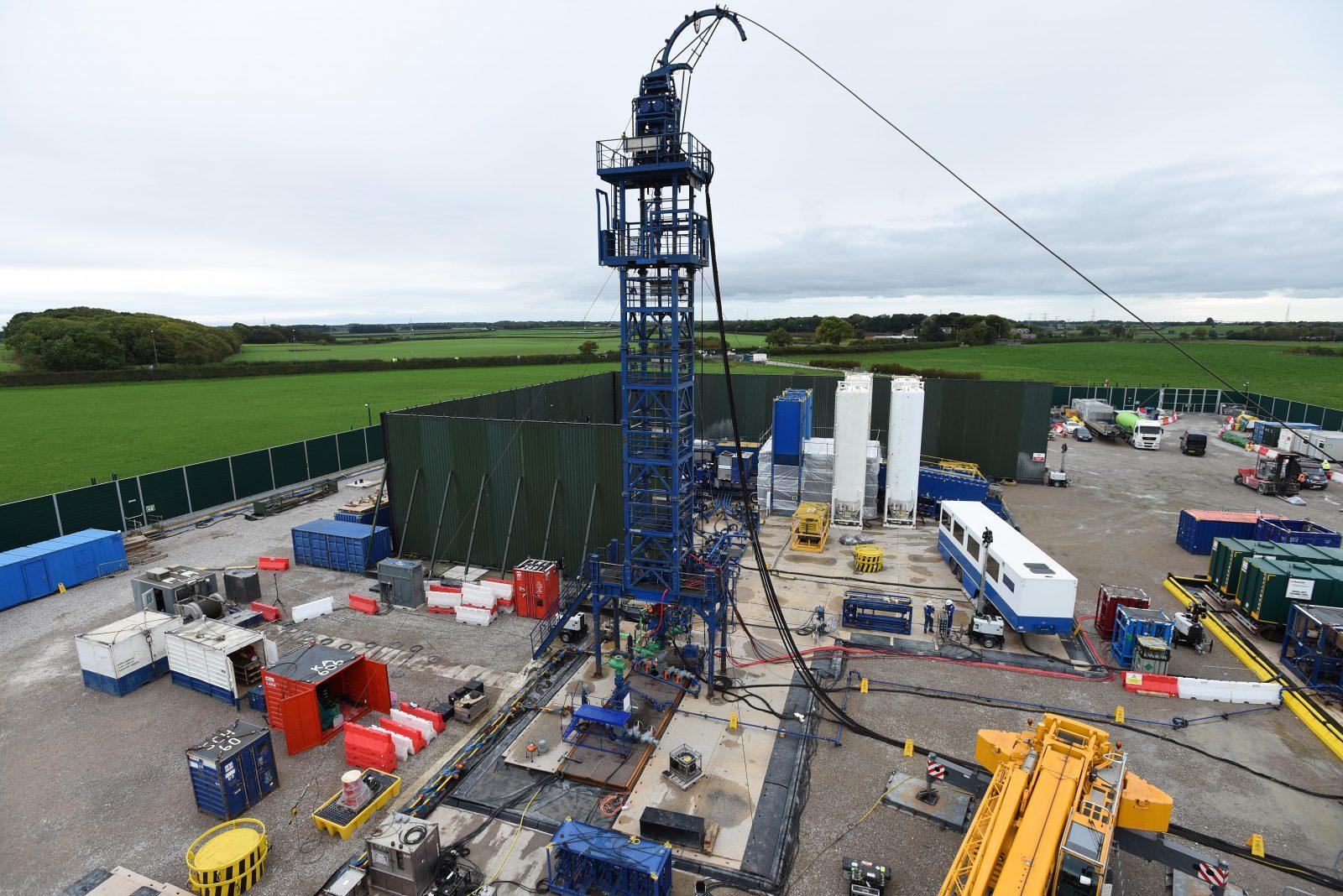About Gas TrapThe climate goals of the European Union and its member states are clear: reaching climate neutrality by the year 2050 and limiting warming to a maximum of two Celsius degrees. Nonetheless, natural gas projects are being planned and built all over Europe. Read more about investigation into the "Gas Trap" here.
Cross-border stories from a changing Europe, in your inbox.
Cross-border stories from a changing Europe, in your inbox.

